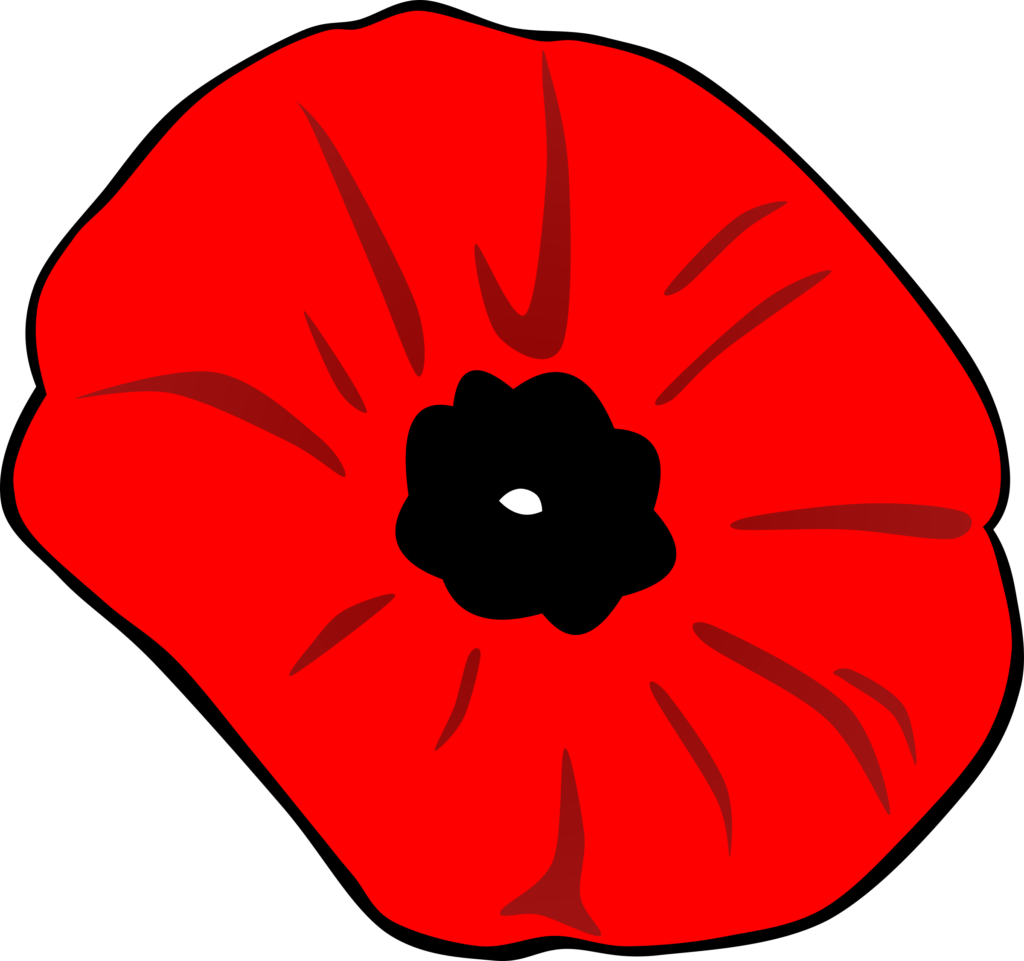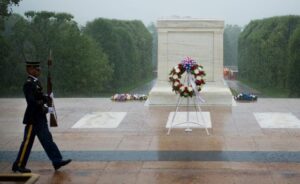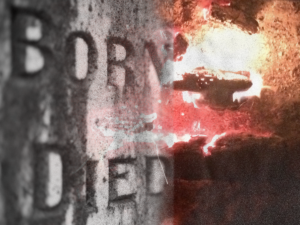Memorial Day finds its genesis in America’s Civil War. That war affected nearly every community in America with the loss of young men. In some communities, citizens began decorating the gravestones of their fallen loved ones. Former Union General John A. Logan, who led an organization for Northern Civil War veterans, was so touched by these scenes that he called for a nationwide day of remembrance. He issued a declaration that stated: “The 30th of May, 1868, is designated for the purpose of strewing with flowers, or otherwise decorating the graves of comrades who died in defense of their country during the late rebellion, and whose bodies now lie in almost every city, village and hamlet churchyard in the land.” Logan didn’t call this day Memorial Day, he called it Decoration Day, as a reminder of the activities he wanted to see take place on that day (i.e., decorating graves with flowers). The flowers now most associated with Memorial Day are poppies. Their association with remembering fallen soldiers came from another war — the Great War (i.e., the First World War) — and that association was drawn from a poem written by a Canadian Army doctor named Lieutenant Colonel John McCrae (1872-1918). The poem is called “In Flanders Fields.” McRae wrote:
 In Flanders Fields the poppies blow
In Flanders Fields the poppies blow
Between the crosses row on row,
That mark our place; and in the sky
The larks, still bravely singing, fly
Scarce heard amid the guns below.
We are the Dead. Short days ago
We lived, felt dawn, saw sunset glow,
Loved and were loved, and now we lie
In Flanders fields.
Take up our quarrel with the foe:
To you from failing hands we throw
The torch; be yours to hold it high.
If ye break faith with us who die
We shall not sleep, though poppies grow
In Flanders fields.
According to the staff at the Arlington National Cemetery, the poem was very nearly not published. “Dissatisfied with it, McCrae tossed the poem away, but a fellow officer retrieved it and sent it to newspapers in England. The Spectator, in London, rejected it, but Punch published it on 8 December 1915.”[1] In 1918, “a Georgia teacher and volunteer war worker named Moina [Belle] Michael began a campaign to make the poppy a symbol of tribute to veterans and for ‘keeping the faith with all who died.’ The sale of poppies has supported the work of the Veterans of Foreign Wars.”[2] In her autobiography, Michael wrote about the moment she decided to start her campaign. “I read the poem, which I had read many times previously, and studied its graphic picturization. The last verse transfixed me — ‘To you from failing hands we throw the Torch; be yours to hold it high. If ye break faith with us who die, we shall not sleep, though poppies grow in Flanders Fields’. This was for me a full spiritual experience. It seemed as though the silent voices again were vocal, whispering, in sighs of anxiety unto anguish, ‘To you from failing hands we throw the Torch; be yours to hold it high. If ye break faith with us who die we shall not sleep, though poppies grow in Flanders Fields’. Alone, again, in a high moment of white resolve I pledged to KEEP THE FAITH and always to wear a red poppy of Flanders Fields as a sign of remembrance and the emblem of ‘keeping the faith with all who died’. In hectic times as were those times, great emotional impacts may be obliterated by succeeding greater ones. So I felt impelled to make note of my pledge. I reached for a used yellow envelope, turned the blank side up and hastily scribbled my pledge to keep the faith with all who died.”[3] McCrae did not live to see the movement his poem inspired; he died before the war ended. On January 28, 1918, while commanding No. 3 Canadian General Hospital at Boulogne, he died of pneumonia with “extensive pneumococcus meningitis”.[4]
For those who have lost loved ones in the service of their country, Memorial Day still has a special and sacred meaning. They don’t need a poppy to help them keep the faith with those who have died. For too many people, however, Memorial Day has lost its original solemn intent and it now marks the unofficial beginning of summer. The retail sector marks the long holiday weekend with huge sales campaigns and activities of all sorts are encouraged. Amid the more celebratory activities today, I encourage you to pause a moment and remember why this holiday was created. We owe a great debt to those who have given their lives for their country. McCrae not only wanted us to remember the fallen, but to bear the torch of liberty for which they fought. Men and women of arms still fight for that cause and we can bear the torch of liberty by supporting institutions that ensure liberty and freedom will continue at home and spread across the globe.
Although our fallen heroes would like to be remembered, they would also appreciate the fact that their sacrifice now permits us to enjoy gathering as family and friends on this Memorial Day. From all of us at Enterra Solutions®, we hope you have a safe and happy holiday.
Footnotes
[1] Staff, “In Flanders Fields,” Arlington National Cemetery, 9 November 2009.
[2] David Holzel, “10 Things to Remember About Memorial Day,” Mental Floss, 2008.
[3] “Moina Belle Michael: the Idea for the Flanders Fields Memorial Poppy,” The Great War, 1914-1918.
[4] “John McCrae,” Wikipedia.





